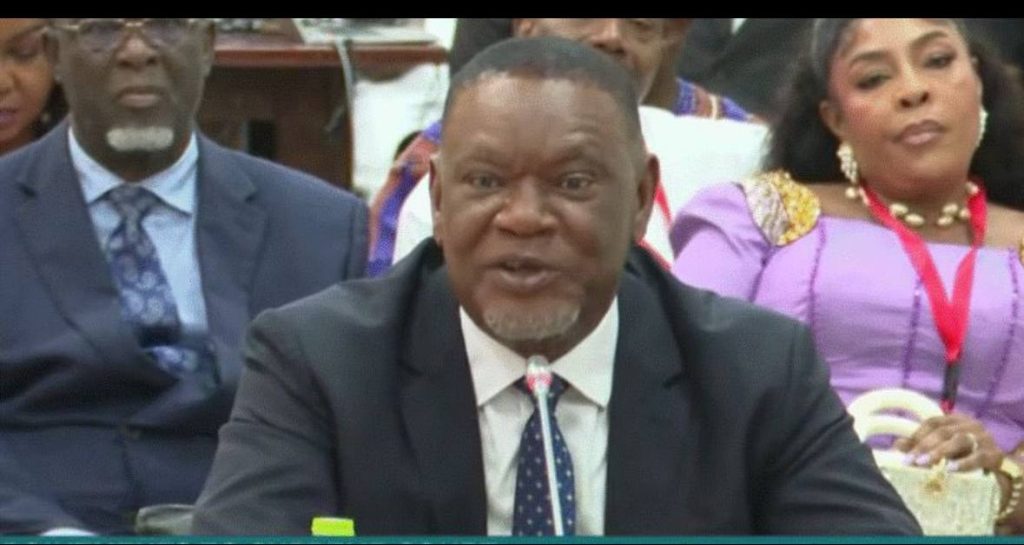Justice Senyo Dzamefe, a Court of Appeal judge nominated to the Supreme Court, has thrown his support behind proposals to expand Ghana’s highest court a move he says is essential to easing the growing backlog of cases choking the judicial system.
Appearing before Parliament’s Appointments Committee on Monday, June 16, 2025, Justice Dzamefe became the first of seven nominees to face vetting this week. During his session, he endorsed a controversial proposal to increase the number of Supreme Court justices from the current count to as many as 20, echoing a recommendation first made by Chief Justice Gertrude Torkornoo in early 2024.
“Our Supreme Court is overburdened with more than 400 cases each year, unlike the United States, where state courts help reduce the load,” Justice Dzamefe told the committee. He emphasized that the current setup, with only a handful of justices managing hundreds of complex cases annually, was not sustainable. He pointed to the 2022/2023 legal year, in which 12 justices were assigned 344 cases — yet over 1,600 cases remained pending.
The recommendation to expand the bench comes at a time when Chief Justice Torkornoo herself is under suspension, pending investigations into three separate petitions calling for her removal. Despite the controversy surrounding her tenure, her call for reform appears to be gaining traction among senior judicial figures.
Justice Dzamefe argued that increasing the number of Supreme Court justices would allow for swifter adjudication of land disputes, chieftaincy issues, and constitutional matters areas that are especially time-sensitive and often emotionally charged for litigants.
In a notable exchange during the vetting process, Member of Parliament for Bawku Central, Mahama Ayariga, asked whether the nominee would support decentralizing the Supreme Court’s operations. Justice Dzamefe responded affirmatively, saying that allowing the court to sit in Tamale, the capital of the Northern Region, would be a progressive step.
“Many litigants from the north face serious financial and logistical burdens traveling to Accra,” he said. “If the court could occasionally sit in Tamale, it would promote access to justice and lessen the weight on families already under strain.”
Legal analysts say the growing conversation around reforming the structure and accessibility of Ghana’s Supreme Court signals a turning point. With court backlogs mounting and public pressure increasing, the nomination of forward thinking justices like Dzamefe may usher in a new era of judicial efficiency and responsiveness.
As the vetting process continues throughout the week, all eyes will be on how the remaining nominees view these pressing challenges and whether Parliament will act to implement long-overdue changes to the nation’s judicial infrastructure.
